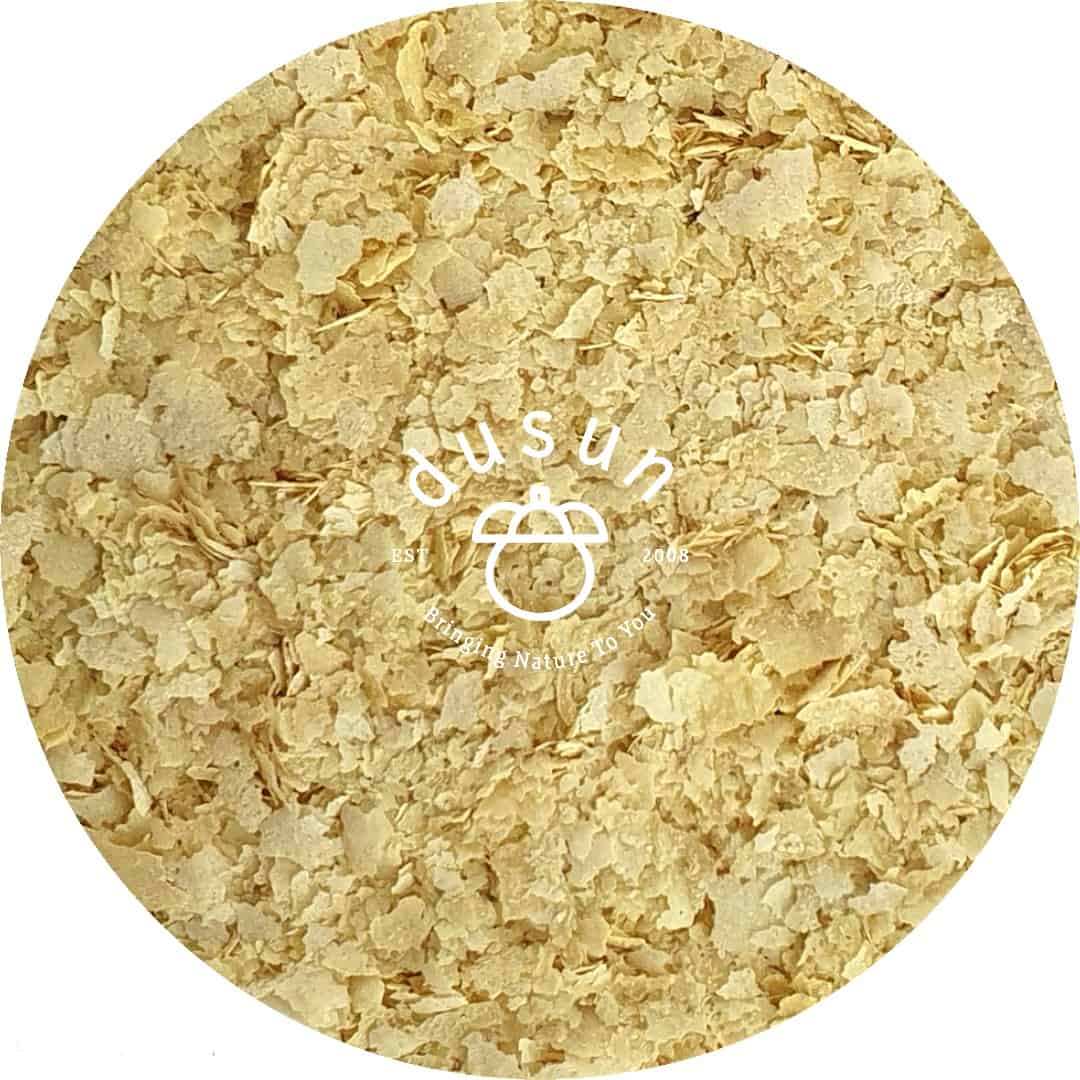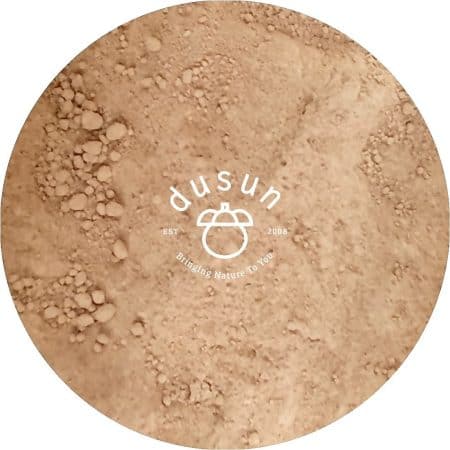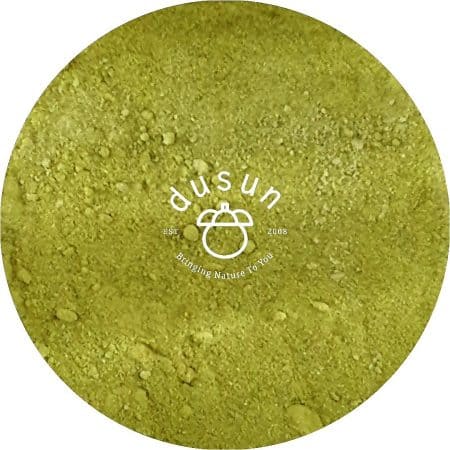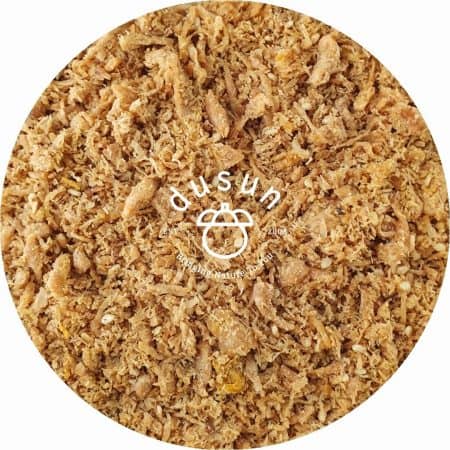*USA* Nutritional Yeast (100gm)
RM15.00
Zero-Waste Packed in Brown Paper Bag.
To maintain freshness, please transfer into air-tight container or keep in refrigerator.
Nutritional yeast is a species of yeast known as Saccharomyces cerevisiae.
It is the same type of yeast that’s used to bake bread and brew beer.
While brewer’s, baker’s and nutritional yeasts are technically made from the same species of yeast, they are very different products (1).
- Baker’s yeast: Baker’s yeast is purchased alive and used to leaven bread. The yeast is killed during cooking but adds an earthy, yeasty flavor to bread.
- Brewer’s yeast: Brewer’s yeast can be purchased alive and is used to brew beer. The dead yeast cells leftover from the brewing process can be consumed as a nutritional supplement but have a very bitter taste.
- Nutritional yeast: This yeast is grown specifically to be used as a food product. The yeast cells are killed during manufacturing and not alive in the final product. It is used in cooking and has a cheesy, nutty or savory flavor.
To produce nutritional yeast, S. cerevisiae cells are grown for several days on a sugar-rich medium like molasses.
The yeast is then deactivated with heat, harvested, washed, dried, crumbled and packaged for distribution.
Nutritional yeast is a versatile food that works with nearly any type of diet or eating style. It is naturally low in sodium and calories, as well as fat-free, sugar-free, gluten-free and vegan.
Nutritional yeast is a great source of protein, B vitamins and trace minerals.
Some of the main nutritional benefits of nutritional yeast include:
- It is a complete protein: Nutritional yeast contains all nine essential amino acids that humans must get from food. One tablespoon contains 2 grams of protein, making it an easy way for vegans to add high-quality protein to meals (2Trusted Source).
- It contains many B vitamins: One tablespoon of nutritional yeast contains 30–180% of the RDI for B vitamins. When fortified, it is especially rich in thiamine, riboflavin, niacin, vitamin B6 and vitamin B12.
- It contains trace minerals: One tablespoon contains 2–30% of the RDI for trace minerals, such as zinc, selenium, manganese and molybdenum. Trace minerals are involved in gene regulation, metabolism, growth and immunity (3Trusted Source, 4).
Vitamin B12 is needed for a healthy nervous system, DNA production, energy metabolism and the creation of red blood cells (5Trusted Source, 6Trusted Source).
Vitamin B12 is only found naturally in animal products, so vegans must supplement their diet to avoid becoming deficient (7Trusted Source, 8Trusted Source).
Consuming nutritional yeast can be an effective way to prevent vitamin B12 deficiency while on a vegan diet.
One study including 49 vegans found that consuming 1 tablespoon of fortified nutritional yeast daily restored vitamin B12 levels in those who were deficient (9Trusted Source).
In this study, the nutritional yeast contained 5 mcg of vitamin B12 per tablespoon, which is slightly more than double the daily recommended amount for adults.
Nutritional yeast should be stored in a cool, dark place to preserve its vitamins. It should also be kept tightly sealed to keep moisture out.
When properly stored, it can last up to two years.
Nutritional yeast is used in the following ways:
- Sprinkled over popcorn or pasta
- Stirred into soups for an umami flavor
- As a “cheese” flavoring in vegan sauces
- As a thickener for soups and sauces
- Added to pet food for extra nutrients
Serving sizes are determined by each manufacturer but typically 1 or 2 tablespoons.
It is safe to use nutritional yeast in moderation, typically up to several tablespoons per day.
It would require relatively large amounts of nutritional yeast to exceed the tolerable upper intake levels (UL) for the various vitamins and minerals it contains. Specifics vary between brands, so always read labels to be sure.
While nutritional yeast is safe to consume for most people, anyone who is allergic to yeast should not consume it (27, 28Trusted Source).
Those who have trouble metabolizing folic acid (synthetic vitamin B9) should read labels carefully and may want to choose unfortified nutritional yeast whenever possible.
Reference from : HealthLine



